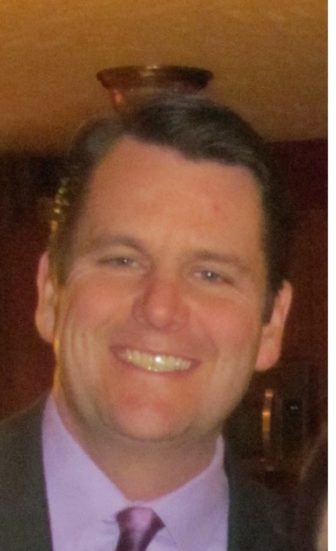 Too often professional development for out-of-school time (OST) front-line staff is an exercise in what is required, not what is essential. The extent of our professional development time, resources and energy is designed to ensure the boxes are checked on requirements without focusing on the best practices involved in the development of a well-rounded youth worker. Minimal consideration is given to areas an individual may need to strengthen along with content they are passionate about exploring.
Too often professional development for out-of-school time (OST) front-line staff is an exercise in what is required, not what is essential. The extent of our professional development time, resources and energy is designed to ensure the boxes are checked on requirements without focusing on the best practices involved in the development of a well-rounded youth worker. Minimal consideration is given to areas an individual may need to strengthen along with content they are passionate about exploring.
In order to develop the most well-rounded, engaged and effective front-line OST workers, I believe a continuum of professional development that targets individual needs, fosters and develops specific talents, skill sets, areas of interest and expertise is vital.
Working as a program coordinator in the field for nearly two decades in a public school district that provides year-round, multiple-site programming to more than 600 students and having supervised hundreds of youth workers during my tenure, it has become apparent that our approach to staff development should be rethought and expanded. There is significant research that indicates a high-performing, dynamic and quality OST program is directly related to the competence and skill level of the front-line, direct-care instructors. Staff members given the opportunity to reflect, develop interests and target improvement areas will exponentially lead to the continuous improvement of quality during the course of their tenure.
Our district set forth with the mission of developing a continuum of development that was no longer repetitive and linear but value-added and individualized, building upon itself in a targeted manner throughout an individual’s course of employment. We conducted a survey of staff in which 70 percent indicated that if provided the opportunity they would work full-time and more than 60 percent would pursue a career in OST.
[Related: Cultivating Leaders: Scaffolding Successful Youth Outcomes with Strong Staff Supports]
The majority specified that the obstacles preventing a viable career path included a lack of compensation and benefits. This feedback proves staff are passionate about the field and the positive impact they make on the lives of students and that they are willing to commit to a career — if the opportunities were afforded. I am confident this is not unique to our program, and as leaders we need to recognize this fact, develop it and allow our youth workers to maximize their potential.
Our staff then completed a self-assessment of skills individually targeted at their level of seniority, experience and education. They were assessed by supervisors utilizing the same tool, and each staff member was then observed. The data derived was utilized to collaborate with staff and develop an individualized staff development plan focused on required trainings, areas in need of development and areas of interest. It is our hope that offering individualized staff development programs will ensure staff receive training tailored to their needs and interests — which will lead to more engaged, energetic and effective youth workers.
I feel strongly that as leaders in the field we must explore avenues to create an organizational culture of collaborative continuous improvement in which staff are empowered to embrace and engage in their development. Fostering a climate of self-reflection helps ensure training tailored to individual needs will further professionalize program staff, leading to higher-quality programming.
Researchers have proved that professional development is more successful when customized, carefully planned and takes into consideration that staff members have diverse backgrounds, educations and areas of expertise. Also, it has been demonstrated that quality programs provide more training opportunities and require participation in training on a wider variety of topics.
As our field evolves, many programs have arrived at the crossroads where commensurate pay and benefits may not yet be a reality, but having a more professional youth worker is a necessity. In an effort to further move the field forward, I feel it is imperative for program coordinators to invest the time and resources in comprehensive staff development. The long-term benefits greatly outweigh any short-term constraints.
Youth workers engaged in such a system will be provided a framework for constant self-reflection, continuous improvement and professionalism that will immediately impact the youth and families they serve. The benefits also include creating a skilled, effective and professional workforce, while carrying them in good stead throughout the course of their lives and careers — even beyond the scope of the OST field.
Michael Waters is the OST & Community Education Coordinator with Westlake City Schools, Westlake, Ohio, and a National Afterschool Matters Fellow.
FOR MORE ON PROFESSIONAL DEVELOPMENT OF YOUTH WORKERS, SEE THE YOUTH TODAY OST HUB.
More related articles:
Board, Fantasy Games Lure Kids from Screens to Psychologist’s Brooklyn Store
Incarcerated Youth and Their Families: Human Just Like Everyone Else
What Impact Will a New Department of Education Secretary Have on Out-of-School Time?






























